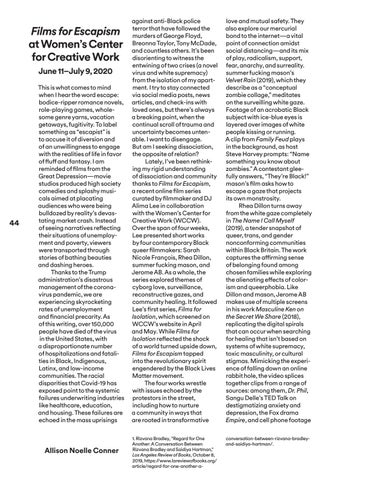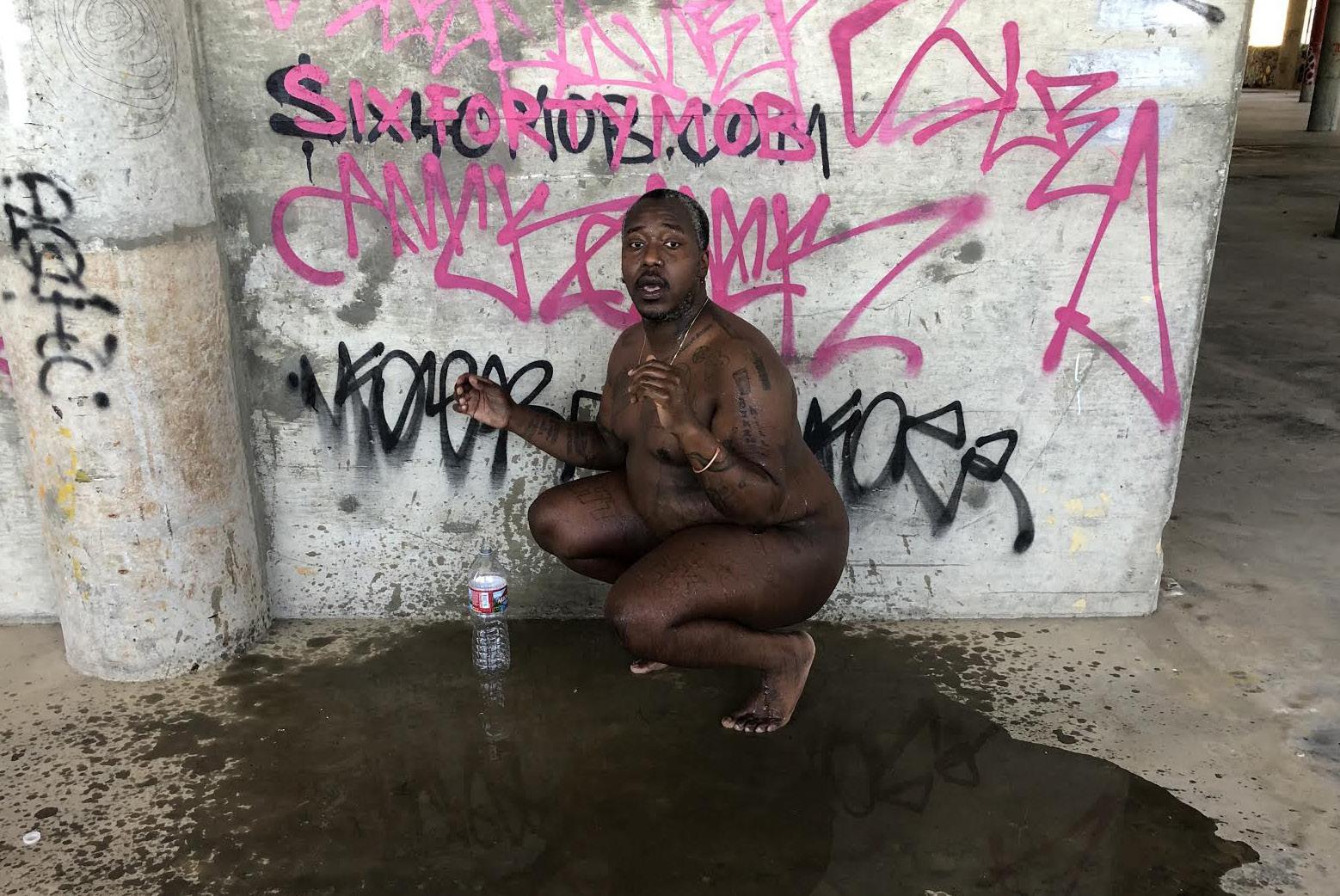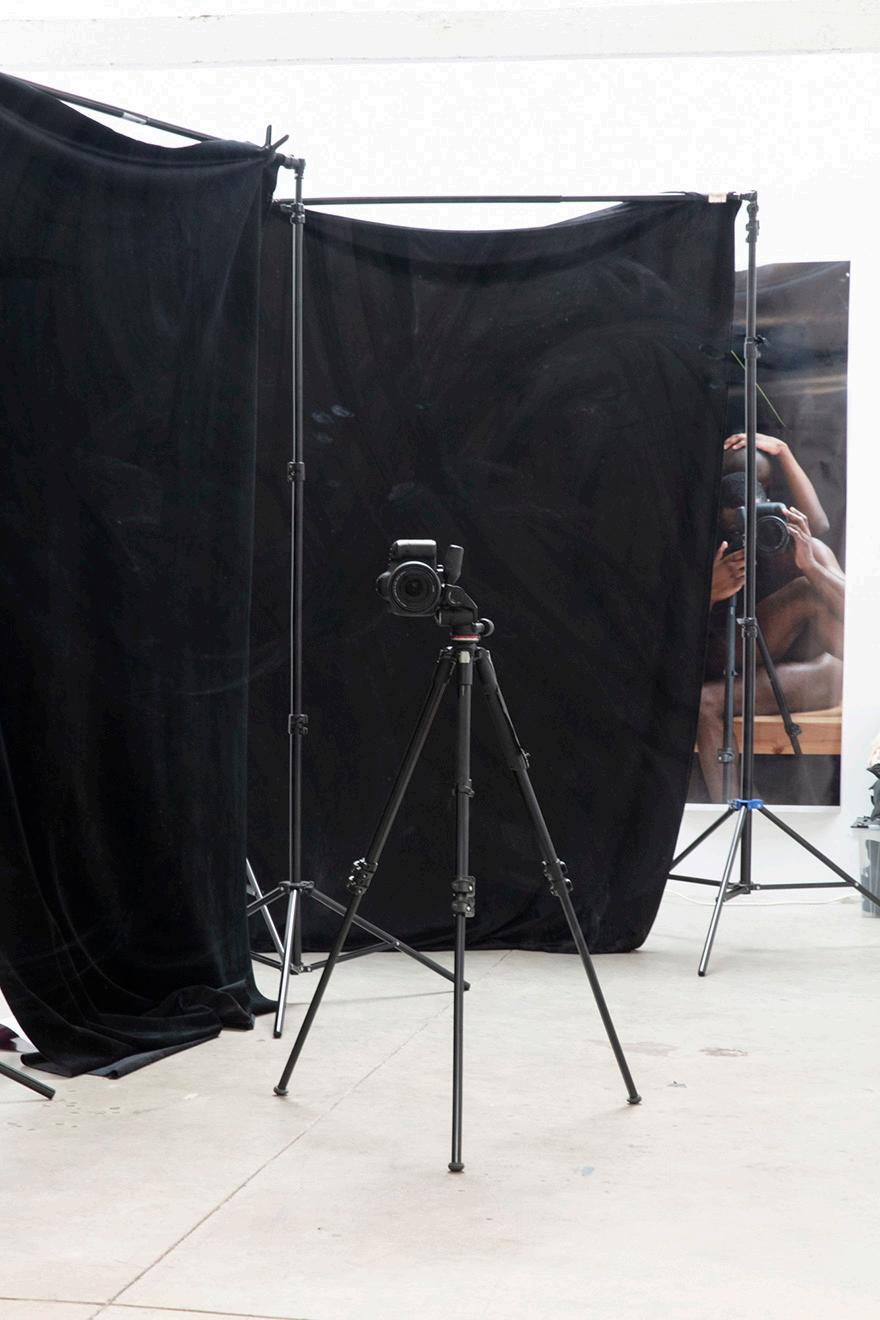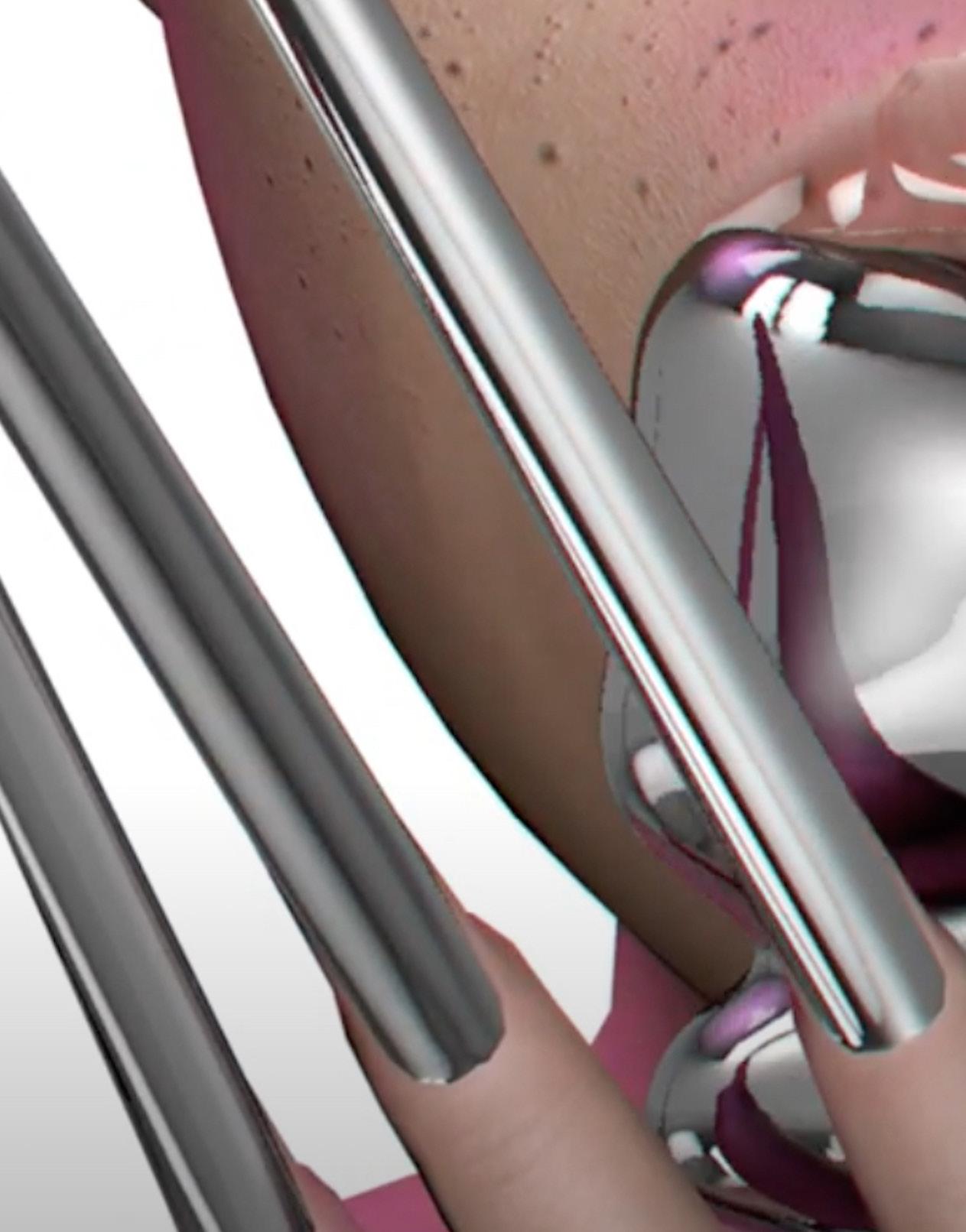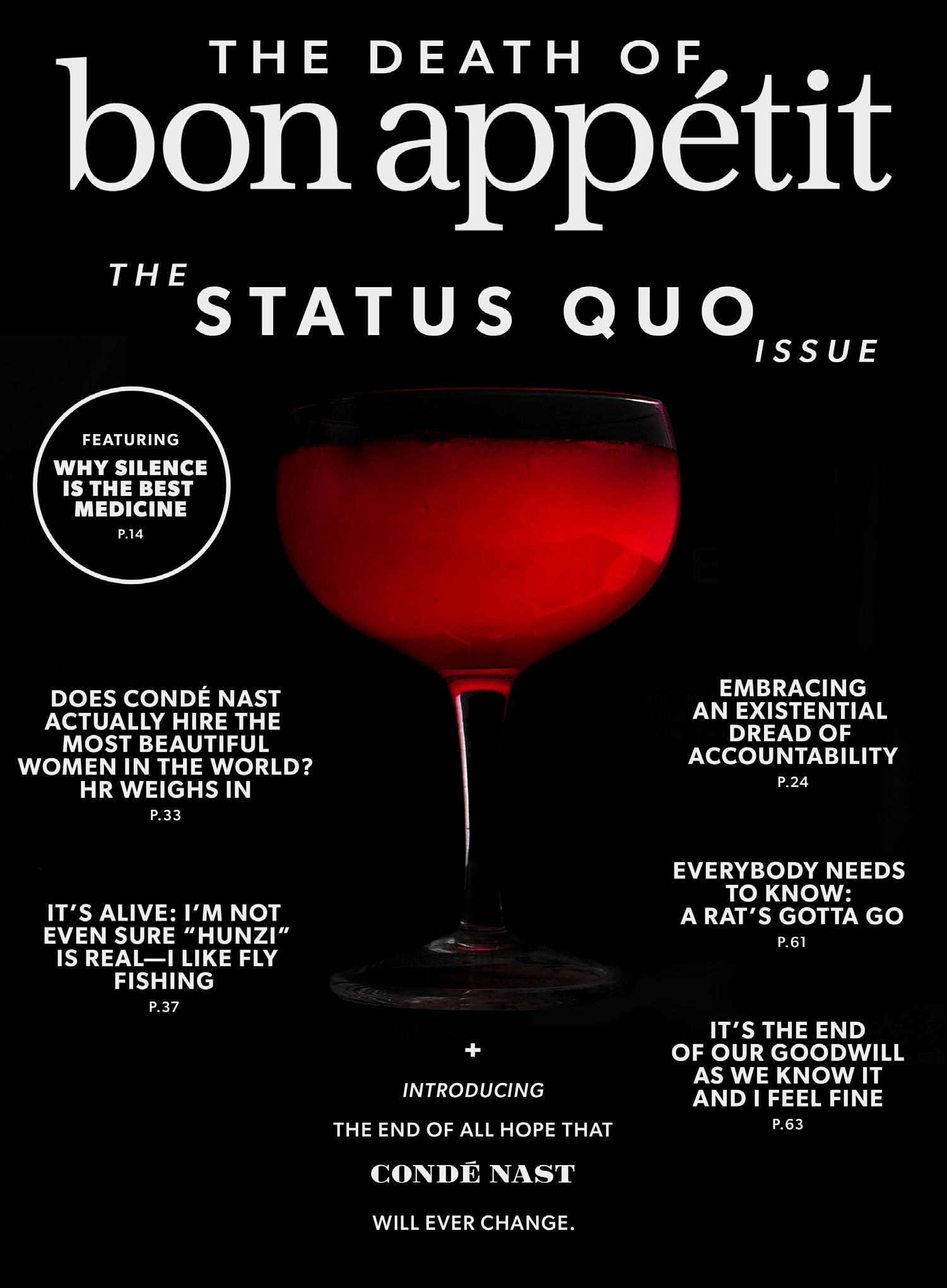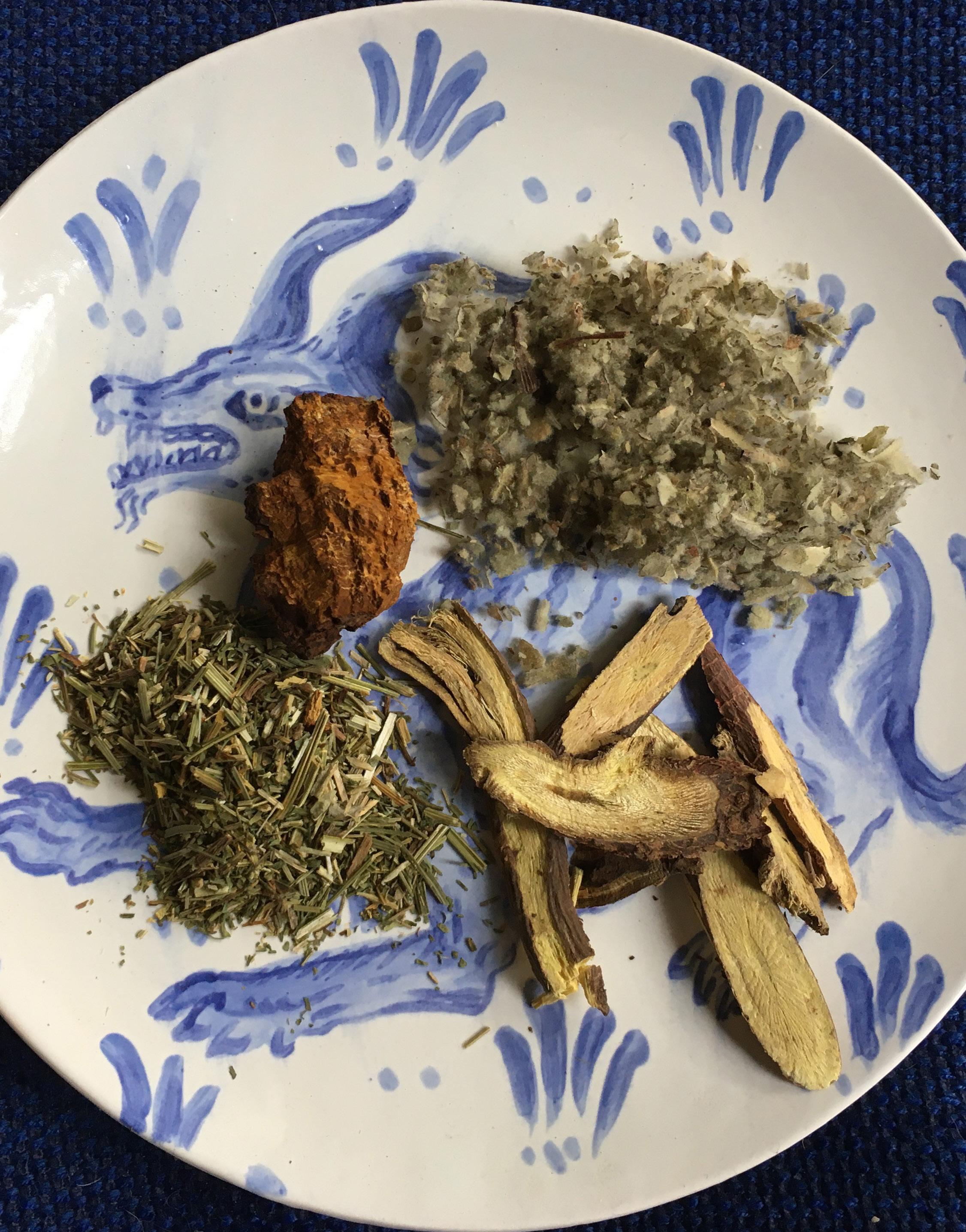Films for Escapism at Women’s Center for Creative Work June 11–July 9, 2020
44
This is what comes to mind when I hear the word escape: bodice-ripper romance novels, role-playing games, wholesome genre yarns, vacation getaways, fugitivity. To label something as “escapist” is to accuse it of diversion and of an unwillingness to engage with the realities of life in favor of fluff and fantasy. I am reminded of films from the Great Depression—movie studios produced high society comedies and splashy musicals aimed at placating audiences who were being bulldozed by reality’s devastating market crash. Instead of seeing narratives reflecting their situations of unemployment and poverty, viewers were transported through stories of bathing beauties and dashing heroes. Thanks to the Trump administration’s disastrous management of the corona virus pandemic, we are experiencing skyrocketing rates of unemployment and financial precarity. As of this writing, over 150,000 people have died of the virus in the United States, with a disproportionate number of hospitalizations and fatalities in Black, Indigenous, Latinx, and low-income communities. The racial disparities that Covid-19 has exposed point to the systemic failures underwriting industries like healthcare, education, and housing. These failures are echoed in the mass uprisings
Allison Noelle Conner
against anti-Black police terror that have followed the murders of George Floyd, Breonna Taylor, Tony McDade, and countless others. It’s been disorienting to witness the entwining of two crises (a novel virus and white supremacy) from the isolation of my apartment. I try to stay connected via social media posts, news articles, and check-ins with loved ones, but there’s always a breaking point, when the continual scroll of trauma and uncertainty becomes untenable. I want to disengage. But am I seeking dissociation, the opposite of relation? Lately, I’ve been rethinking my rigid understanding of dissociation and community thanks to Films for Escapism, a recent online film series curated by filmmaker and DJ Alima Lee in collaboration with the Women’s Center for Creative Work (WCCW). Over the span of four weeks, Lee presented short works by four contemporary Black queer filmmakers: Sarah Nicole François, Rhea Dillon, summer fucking mason, and Jerome AB. As a whole, the series explored themes of cyborg love, surveillance, reconstructive gazes, and community healing. It followed Lee’s first series, Films for Isolation, which screened on WCCW’s website in April and May. While Films for Isolation reflected the shock of a world turned upside down, Films for Escapism tapped into the revolutionary spirit engendered by the Black Lives Matter movement. The four works wrestle with issues echoed by the protestors in the street, including how to nurture a community in ways that are rooted in transformative
love and mutual safety. They also explore our mercurial bond to the internet—a vital point of connection amidst social distancing—and its mix of play, radicalism, support, fear, anarchy, and surreality. summer fucking mason’s Velvet Rain (2019), which they describe as a “conceptual zombie collage,” meditates on the surveilling white gaze. Footage of an acrobatic Black subject with ice-blue eyes is layered over images of white people kissing or running. A clip from Family Feud plays in the background, as host Steve Harvey prompts: “Name something you know about zombies.” A contestant gleefully answers, “They’re Black!” mason’s film asks how to escape a gaze that projects its own monstrosity. Rhea Dillon turns away from the white gaze completely in The Name I Call Myself (2019), a tender snapshot of queer, trans, and gender nonconforming communities within Black Britain. The work captures the affirming sense of belonging found among chosen families while exploring the alienating effects of colorism and queerphobia. Like Dillon and mason, Jerome AB makes use of multiple screens in his work Masculine Ken on the Secret We Share (2018), replicating the digital spirals that can occur when searching for healing that isn’t based on systems of white supremacy, toxic masculinity, or cultural stigmas. Mimicking the experience of falling down an online rabbit hole, the video splices together clips from a range of sources: among them, Dr. Phil, Sangu Delle’s TED Talk on destigmatizing anxiety and depression, the Fox drama Empire, and cell phone footage
1. Rizvana Bradley, “Regard for One Another: A Conversation Between Rizvana Bradley and Saidiya Hartman,” Los Angeles Review of Books, October 8, 2019, https://www.lareviewofbooks.org/ article/regard-for-one-another-a-
conversation-between-rizvana-bradleyand-saidiya-hartman/.
